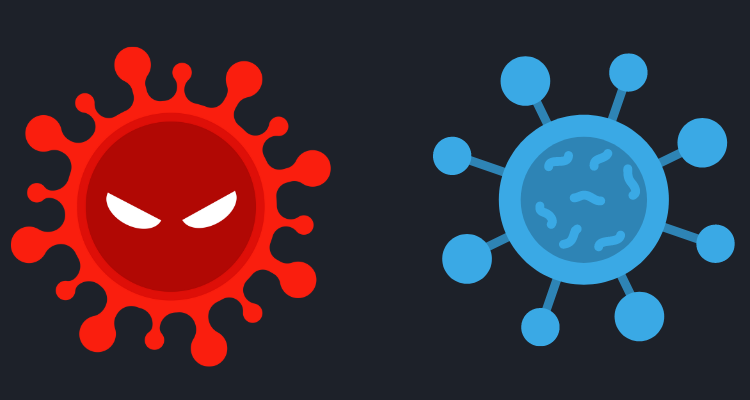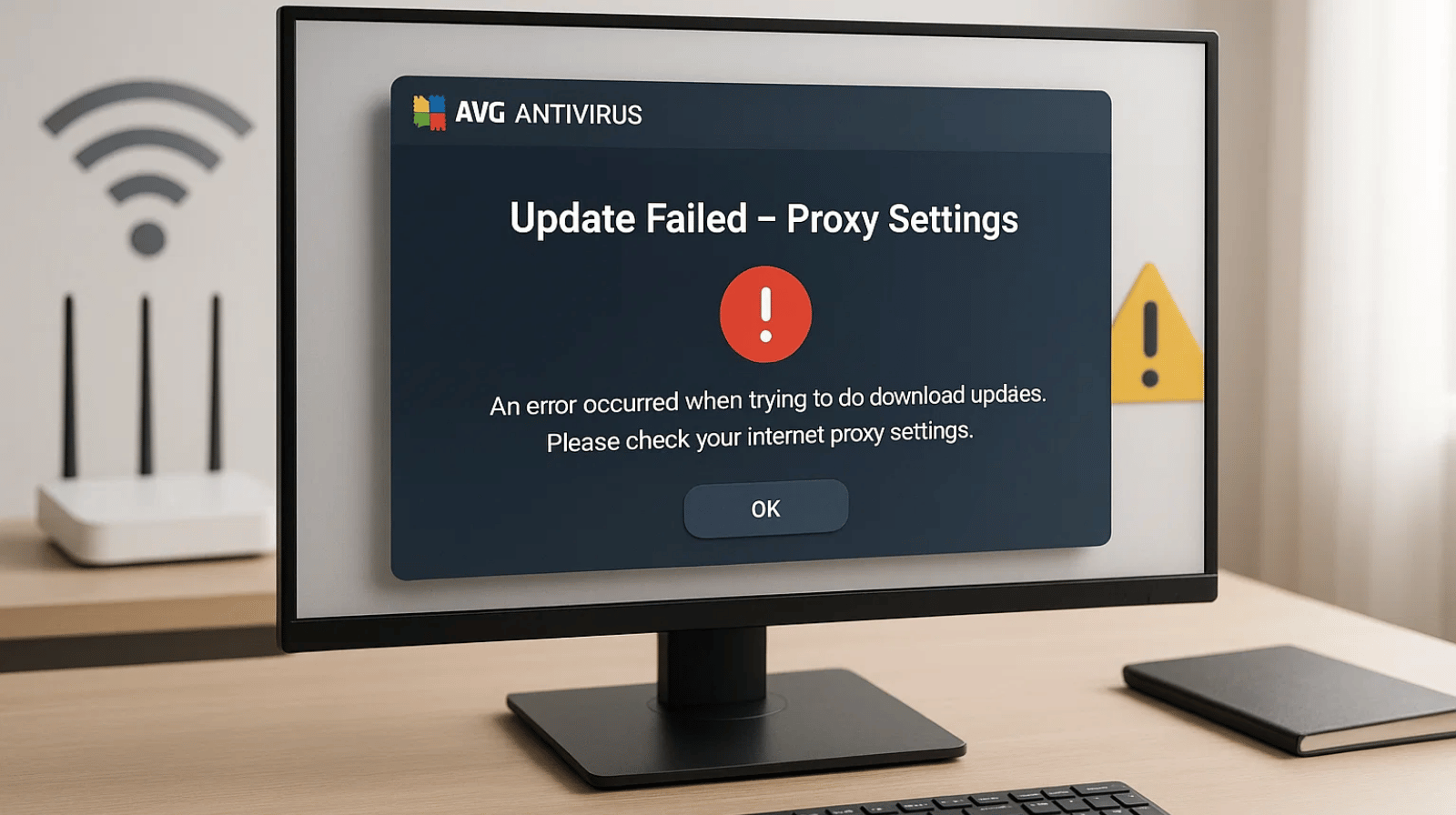In the digital domain, frequently malware and virus are used interchangeably. However, they are not the same. Knowing how these two differ from each other can help you safeguard your computer and personal details more effectively. Let’s get to know what each of them means in detail and learn how these terms vary.

What Is Malware?
The meaning of malware is all applications that are programmed to destroy a computer, server, client, or network. The phrase “malware,” which is short for malicious software, encompasses many harmful programs and includes:
- Viruses: programs that replicate themselves and spread to other devices.
- Worms: Similar to viruses, but they spread without human interaction.
- Trojans: disguised as legitimate software, but harmful once executed.
- Spyware: secretly gathers user information without their knowledge.
- Ransomware: locks users out of their systems or files until a ransom is paid.
- Adware: automatically delivers intrusive or annoying advertisements.
In essence, malware is any software designed with the intent to cause harm or exploit devices and networks.
What Is a Virus?
A virus is a certain form of malware. It can multiply itself like a biological virus and infect other files or programs. A virus will usually link itself to an authentic program or file and act upon running the infected program. Some of the things that a virus might do when it gets activated include:
- Modify or delete data: This can involve changing specific files or deleting them in totality, thereby causing data loss.
- Spread to other programs: Another program that is on the same computer and such as the one having a virus will get it and move to another device.
- Disrupt operations: There are viruses that can cause system slowdown, crushes, and crashes.
- Viruses represent only one of many types of malware that contain their ability to reproduce themselves while spreading.
Viruses are just one kind of malware, characterized by their ability to replicate and spread.
Key Differences Between Malware and Viruses
- Scope: The scope of malware is broad and encompasses a variety of harmful software, while a virus is malware that has a particular nature.
- Behavior: Every virus is malware, even though not all malwares are viruses. For instance, a Trojan may let hackers enter through the backdoor without spreading itself, whereas a virus disseminates by infecting additional files.
- Spread: Viruses particularly copy themselves and disperse, often needing the user’s involvement to get active, like opening an infected file. Moreover, some malware, such as worms, can circulate themselves automatically without any action from users.
How AVG Antivirus Protects Your Network
AVG Antivirus provides robust protection against both malware and viruses, keeping your devices and network secure. Here’s how AVG helps safeguard your digital life:
- Real-Time Protection: AVG continuously monitors your system for any suspicious activity, blocking malware before it can do any harm.
- Web & Email Shield: AVG scans websites, emails, and downloads for potential threats, ensuring you stay safe while browsing and communicating online.
- AI-Based Detection: AVG uses artificial intelligence to detect emerging threats, providing cutting-edge protection against the latest malware and viruses.
- Network Security: AVG helps secure your Wi-Fi network by alerting you to potential vulnerabilities and preventing unauthorized access.
With AVG Antivirus, you can rest assured that your devices and network are well protected against a wide range of threats.
Need Premium Support? We’ve Got You Covered!
While AVG offers powerful protection, we understand that sometimes you may need a little extra help. Whether you’re facing installation issues, need help configuring settings, or have any other questions, our premium support team is here for you. Simply reach out to us, and we’ll provide expert assistance to ensure your AVG antivirus is working perfectly.
Don’t hesitate to take advantage of our premium support services for AVG—we’re just a call away, ready to help you secure your digital world.
Conclusion
Understanding the difference between malware and viruses is crucial for protecting your devices and data. While malware encompasses a wide range of harmful software, viruses are a specific type known for their ability to replicate and spread. AVG Antivirus offers comprehensive protection against both, securing your network and devices from potential threats. And if you ever need help, our premium support team is here to assist you with all your AVG-related needs.





Leave a Reply